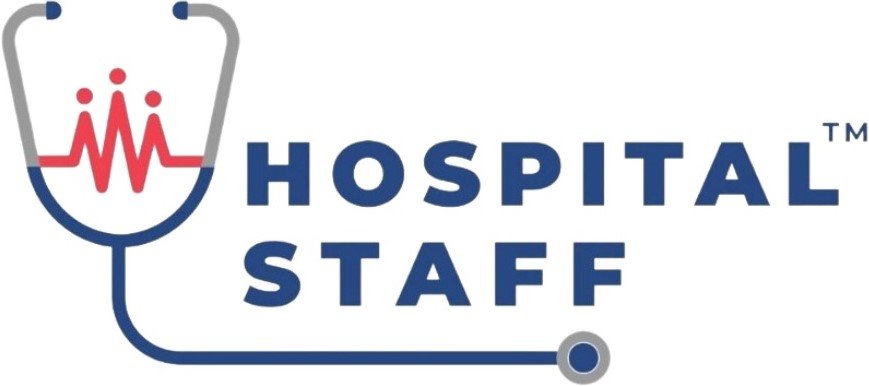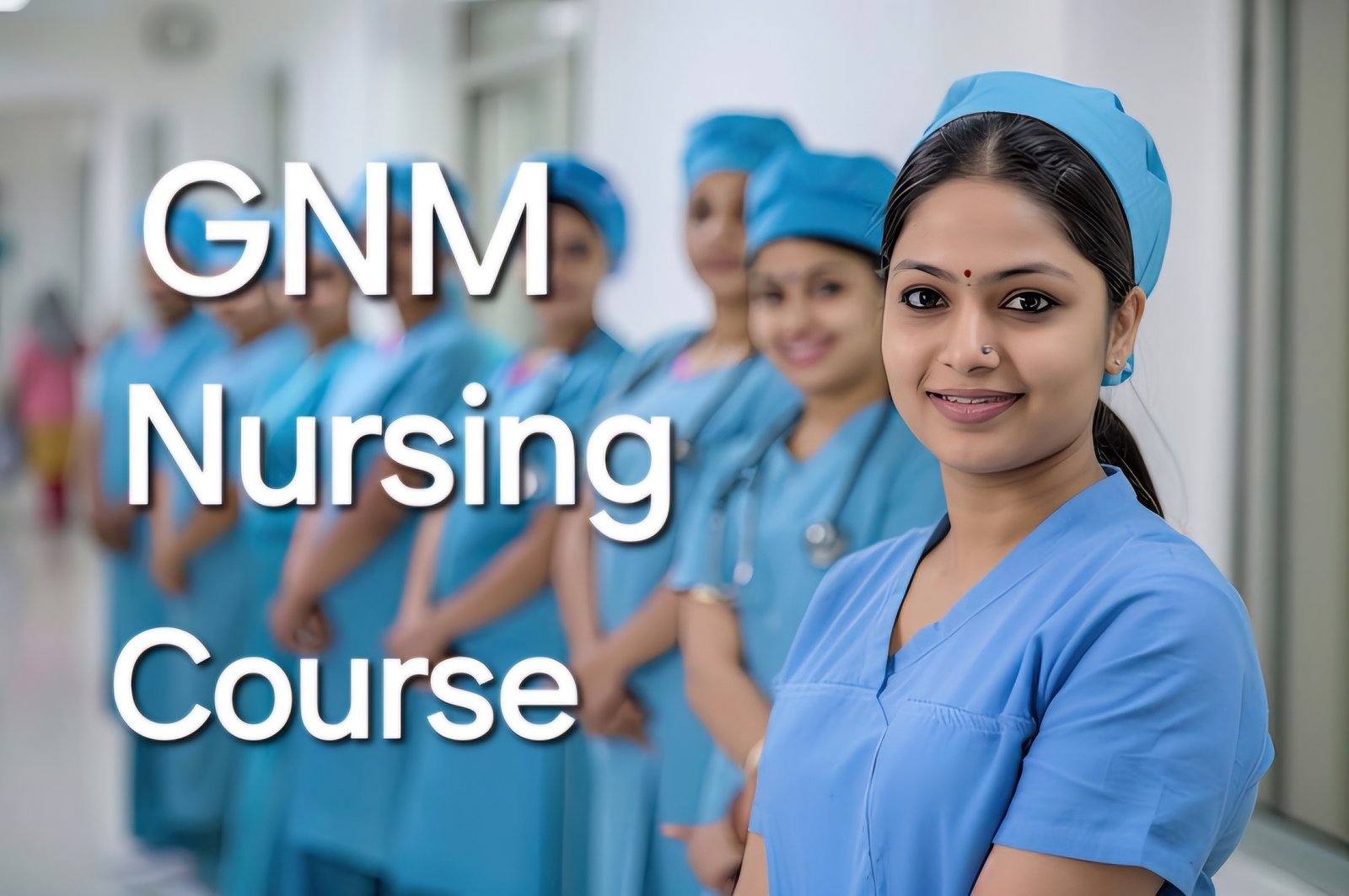A nurse is not simply a nurse; by this, I mean their role extends far beyond basic patient care. Nurses are a lifeline, a caregiver, and a beacon of hope in the healthcare system. And it also takes huge dedication to their career choice and huge knowledge to become one. Well, the healthcare sector is one of the most vital industries globally, and nursing stands out as a pivotal profession within it. The General Nursing and Midwifery (GNM) course is a popular pathway for individuals aspiring to become registered nurses. Which is not easy to pursue. These nurses have to study for three and a half years to gain the nursing knowledge and required degree for nursing.
The GNM course is designed to prepare nurses for a variety of clinical settings, focusing on providing quality care to patients. The curriculum encompasses theoretical learning, practical training, and exposure to real-world healthcare scenarios. And that’s what we are going to unfold in this article, which delves into the GNM course details, exploring its significance, curriculum, and career prospects.
Insights into the GNM course
The GNM course is designed to prepare students for a rewarding career in nursing, focusing on patient care and support. This program is open to all Indian citizens who have completed their secondary education and are at least 17 years old. As long as candidates meet these criteria, they can enroll in the GNM course, regardless of their educational background—whether it’s commerce, science, or arts—provided they have achieved a minimum of 40% marks in their exams. In the first year of the GNM course, students will cover essential topics such as nutrition, community health nursing, nursing foundations, microbiology, and basic computer skills. These skills are crucial for managing patient information and enhancing overall care delivery.
In the second year of the GNM nursing course, students are introduced to surgical procedures, pediatric care, and mental health nursing. The third year includes a mandatory internship, where nurses are required to complete at least six months of practical training. Having this practical experience is essential to learning and developing your skills in the profession. The internship allows students to apply their theoretical knowledge in real-life settings, working directly in hospitals and clinics, which is an essential component of the GNM program.
GNM Course fees
The General Nursing and Midwifery (GNM) course fees can vary significantly based on several factors, including the institution, location, and whether it’s a government or private college. Typically, fees in government nursing colleges are more affordable compared to private institutions. Many colleges also provide scholarships and financial aid to deserving students, especially in government institutions. Prospective students should inquire about GNM course details, fee structures, and the financial assistance options available to help alleviate financial burdens. While the GNM course requires an investment, it opens doors to a rewarding career in nursing, making it a worthwhile choice for many.
Career Options after GNM Course
After completing the GNM course, graduates have a wide array of career opportunities that they can choose from to pursue further in their careers. After completing a GNM nursing course, some of the most common roles that nurses can pursue are,
Staff Nurse: Many GNM graduates start their careers as staff nurses in hospitals, clinics, and healthcare facilities, providing direct patient care.
Community Health Nurse: Working in public health settings, these nurses focus on promoting health and preventing diseases in communities.
Midwife: After completing the GNM course with additional training, GNM graduates can specialize in midwifery, providing care to expectant mothers and newborns.
Nursing Educator: Experienced nurses may choose to teach in nursing schools, sharing their knowledge and expertise with the next generation of healthcare professionals.
Healthcare Administrator: GNM graduates with a penchant for management can pursue roles in healthcare administration, overseeing nursing staff and healthcare services.
Specialized Nursing Roles: After completing the GNM nursing course and gaining basic experience in the field, many nurses can pursue specialties in areas such as critical care, pediatrics, geriatrics, and mental health.
International Opportunities: With a global nursing shortage, many GNM graduates find opportunities abroad, working in diverse healthcare settings and enhancing their skills.
Conclusion
The GNM course serves as a robust foundation for a fulfilling nursing career, offering a blend of theoretical knowledge and practical experience. As healthcare continues to evolve, the role of nurses remains vital. Graduates of the GNM program are well-equipped to meet the demands of the healthcare industry, providing compassionate care and making significant contributions to patient well-being. For those considering a career in nursing, the GNM course offers a pathway filled with opportunities, challenges, and the chance to make a real difference in the lives of individuals and communities. Embracing this journey can lead to a rewarding and impactful career in one of the most respected professions in the world.

